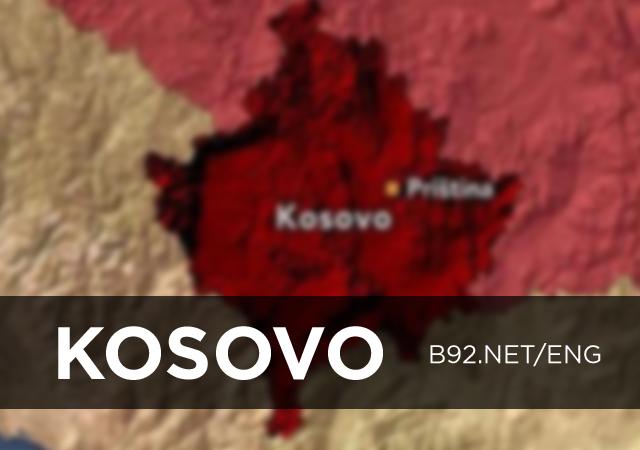Source: B92

Monarchies, socialist, one party-states, the war-time 1990s, followed by two decades of transition, have not brought Serbs and Albanians closer together over the past 100 years.
The Brussels dialogue has produced some results, but the main question for Serbs in Kosovo and Metohija, ahead of the continuation of the Kosovo talks - the Community of Serb Municipalities - remains a dead letter.
"In the first phase, I think the Albanian side will insist on energy issues, and try to sabotage the whole story about the Community of Serb Municipalities," says political analyst Dragomir Andjelkovic, and adds:
"Then again, I believe Belgrade will now dig in its heels and make no new concessions until the issue of the Community has been solved."
But can Belgrade dig in its heels? Until recently, such a move could only be followed by pressure from Washington - but the arrival of Donald Trump's people to the White House points out to a different approach.
"The world has changed with Donald Trump, of course relations in the Balkans will change too," says Jelena Milic, who heads of the Center for Euro-Atlantic Studies NGO.
"While (U.S. State Department official) Philip Riker was there, and during (former EU foreign policy chief) Catherine Ashton, things were happening. Now, with the increased Russian influence in the Balkans I'm afraid we will witness an ever more intensive advocacy in favor of Kosovo's partition," she says.
The partition of Kosovo was officially on the table during the Vienna talks, held before the 2008 unilaterally declared independence of the southern Serbian province.
"Undoubtedly, America and Russia will be looking for a model to universally solve territorial disputes in the coming years - from Abkhaza, to the Balkans," say Andjelkovic.
"Those who have some sort of entity of their own, will be able to count on striking lasting deals," he noted.
On the other hand, Milic thinks that the EU could influence its "reluctant" members when it comes to recognizing Kosovo.
"Recognition of Kosovo by some EU and above all, NATO members, I think that's what can be expected in 2017," she said.
The self-proclaimed independence of Kosovo has been recognized by 23 out of EU's 28 members, while Pristina has failed to join the UN due to Russia's and China's blockade.
No comments:
Post a Comment